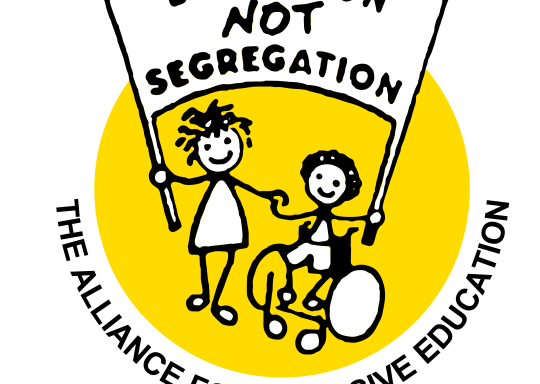The number of new PIP claimants has doubled in a year
In summer 2021, each month 15,000 or so working-age people started receiving PIP with that monthly figure having remained little changed for years.
By July 2022, the latest data, shows it had doubled to 30,000 per month, with no sign of slowing down.
The increase in claimants is seen across medical conditions and ages, with the fastest rise among teenagers, where claim rates have tripled.
The IFS says that with no change in the number of people seeing an end to their PIP claim, this implies a growing number of recipients:
- Currently there are 2.8 million claimants, whose payments cost in total £15 billion per year.
- This sudden increase seems to be driven by a worsening of health across the population – something for which there is now accumulating evidence across a number of sources.
The new IFS report also finds that:
- The increase in claims has been seen across ages and conditions. Essentially all ages have seen their claim rate roughly double, although for teenagers it has tripled. Claims for most major conditions also increased by a similar amount.
- Around a third of the new claims are for mental or behavioural conditions, although among claimants under 25 that figure rises to 70%. The share of claims for mental illnesses, has – like other conditions – changed remarkably little during the rapid rise.
- Rising applications to disability benefits has led to a backlog of around 250,000 people waiting for their claim to be assessed. So far this does not appear to have affected waiting times, though they remain long at 18 weeks on average.
- The success rate (the proportion of applications that are awarded PIP) has stayed roughly the same since 2016 at around 40%. This is consistent with the assessment system remaining roughly the same in terms of its “strictness”, and the ill health of applicants remaining at similar severity, with the spike in new PIP awards simply driven by more people in ill health and making claims.
- Consistent with that interpretation, survey data on the working-age population as a whole shows that health has been getting worse, with 9.6% (4.0 million) now reporting that their health limits their daily activities “a lot”, up from 8.5% (3.5 million) at the start of 2021. Here too there is an increase across all major types of condition.
The IFS concludes that: “From mid-2021 to mid-2022, we have seen a rapid increase in the number of people beginning a PIP claim. This does not seem to be driven by a change in the operation of the PIP system, and nor does it appear closely related to labour market factors.
“Instead, the evidence is consistent with the rise being driven by a general worsening of health across the population.
“The number of people with health conditions that significantly affect their day-to-day activities – crudely the requirement for PIP eligibility – started to significantly rise at the same time as when PIP applications increased.
“Both among the unwell population at large, and among new PIP claimants specifically, we see deteriorations in health that are broad-based across conditions rather than driven by just one or two major culprits.”
Ken Butler DR UK’s Welfare Rights and Policy Adviser said: “The shocking detailing by the IFS of the rapid deterioration in the UK’s health by the IFS is reinforced by new Office for National Statistics (ONS) data.
These highlight that disabled adults are five times (35%) more likely than non-disabled adults (7%) to experience some form of depression.
Unless the cumulative damage caused by the effects of the Covid pandemic and the years of austerity to both welfare and social care is reversed then Disabled people’s overall health and wellbeing will continue to deteriorate.
In terms of PIP, in the short term, action must be taken to ensure the 18 weeks for decisions on claims is reduced.
However, what must be remembered too is that PIP award rates of just 40% does not accurately reflect the true needs of those claiming it.
The assessment of PIP remains poor with 7 in 10 PIP appeals won on the same evidence DWP already held and with around 70% of PIP appeals being upheld.”
The full IFS report, The number of new disability benefit claimants has doubled in a year, is available from ifs.org.uk.
Personal Independence Payment - a guide to making a claim is available from disabilityrightsuk.org.





